Improve vocabulary Worksheets for Ages 3-9
11 filtered results
-
From - To
Expand your child's vocabulary with our specially designed worksheets for ages 3-9 from Kids Academy! Our engaging activities focus on enhancing word recognition, comprehension, and usage through playful illustrations and interactive exercises. These worksheets cater to various learning levels, helping young learners to grasp new words, improve spelling, and develop reading fluency. Perfect for both classroom and home use, our resources support a fun and effective way to build essential language skills. Join us to make vocabulary learning an enjoyable adventure for your child! Start today and watch their confidence in communication soar!
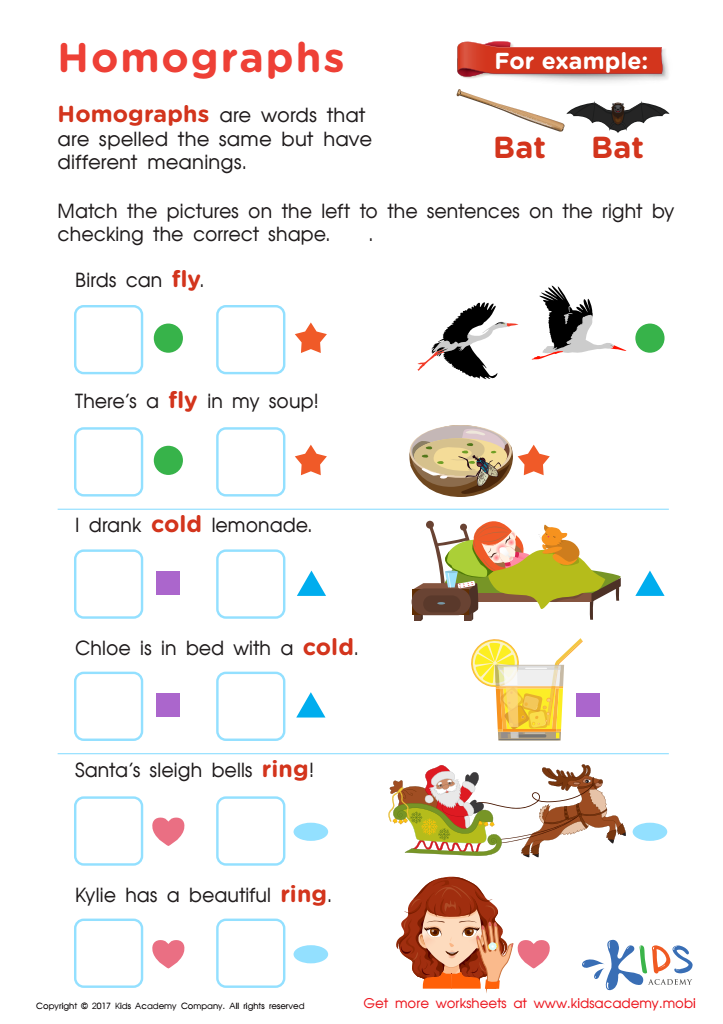

Homographs Free Printable Worksheet
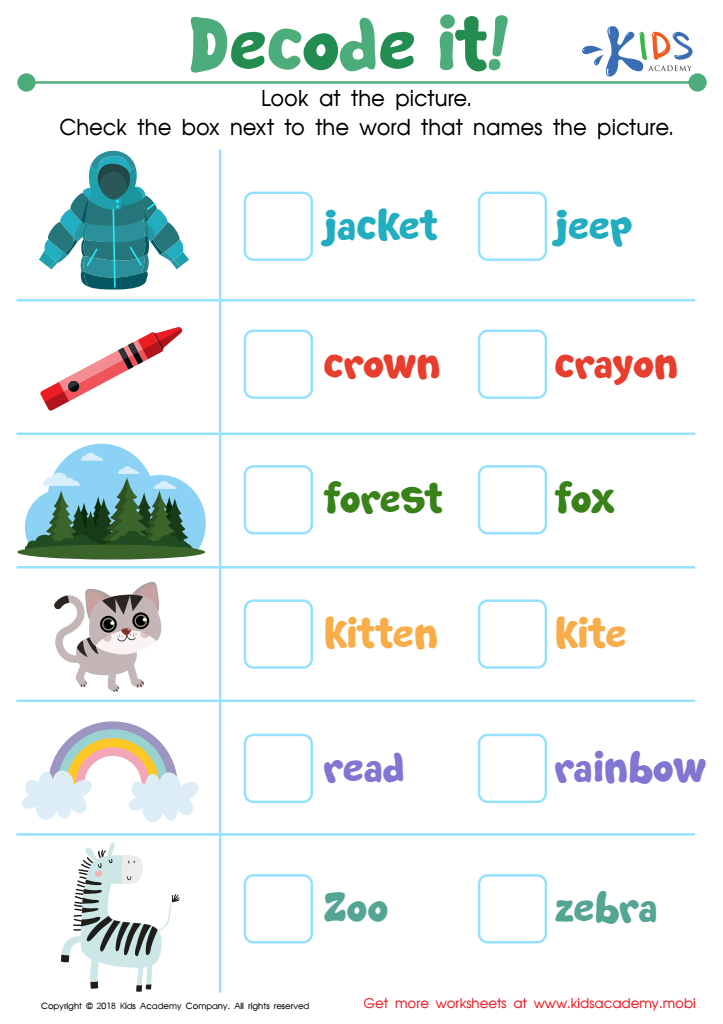

Reading: Decode It Worksheet
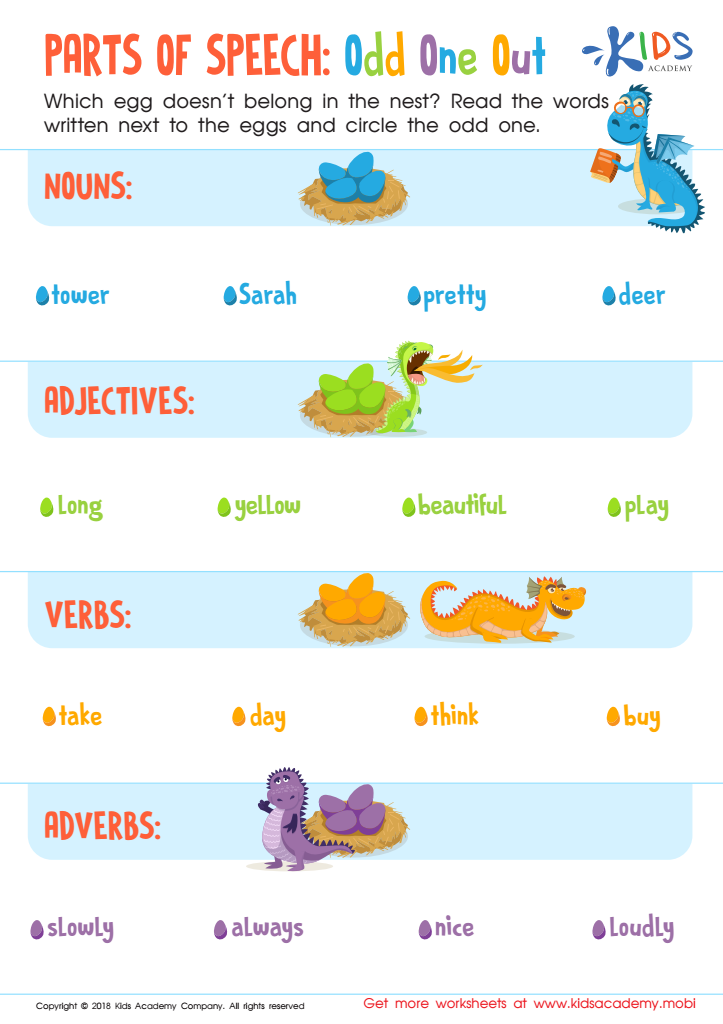

Parts of Speech: Odd One Out Worksheet


Homes Worksheet
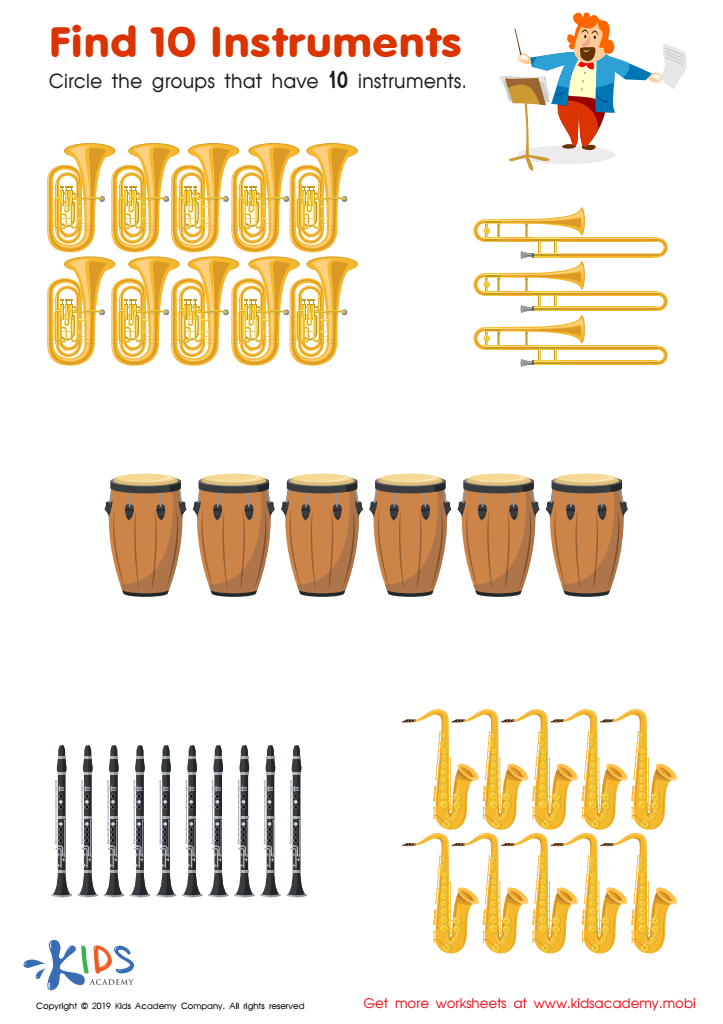

Find 10 Instruments Worksheet
Improving vocabulary for children aged 3-9 is crucial because it forms the foundation for all future learning and communication skills. During these early years, children’s brains are exceptionally receptive to new information. A rich vocabulary enhances their ability to express thoughts, feelings, and ideas clearly. It also significantly impacts reading comprehension; children who know more words can easily understand and enjoy stories, which fosters a love for reading.
Moreover, vocabulary development is closely linked to academic success. Strong language skills are essential across all subjects, not just in language arts. For instance, understanding complex math problems and scientific concepts often depends on knowing the specific language used in these disciplines. A robust vocabulary also aids cognitive development by improving memory and analytical skills, enabling children to think more critically and solve problems effectively.
Social interactions are another aspect where vocabulary plays a vital role. Children with strong verbal skills are more confident and can build better relationships with peers and adults, leading to healthier social development. This confidence and ability to communicate effectively can boost self-esteem and self-worth.
In a world increasingly driven by information and communication, giving children a head start with a rich vocabulary at an early age sets them up for lifelong success. Parents and teachers have pivotal roles in nurturing this vital skill through reading, conversation, and interactive learning activities.

 Assign to My Students
Assign to My Students
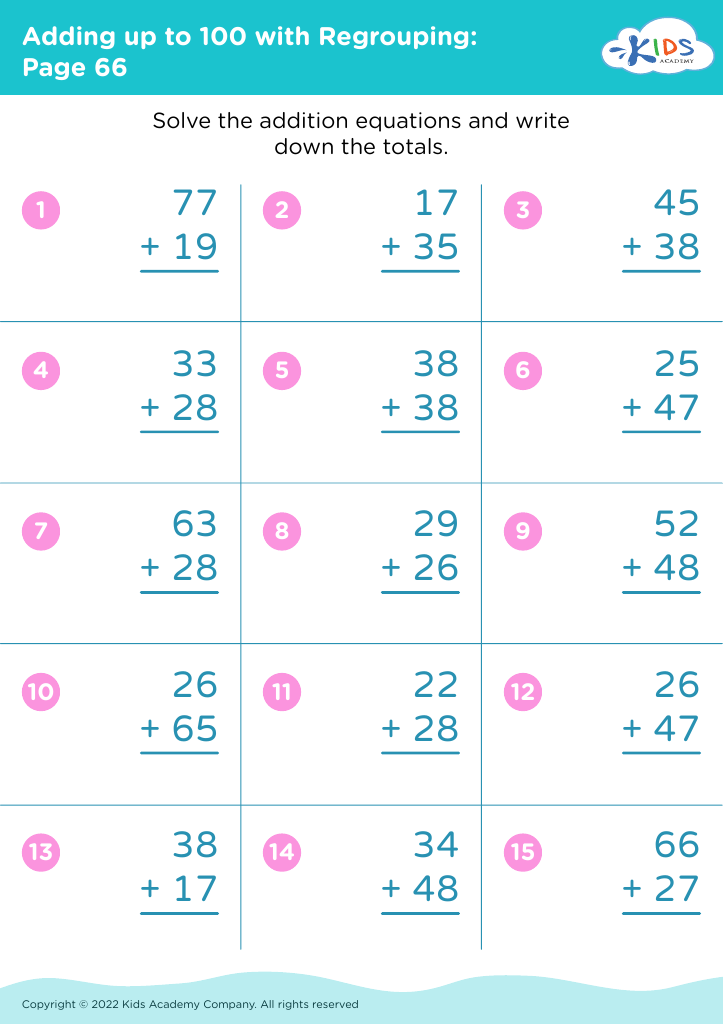

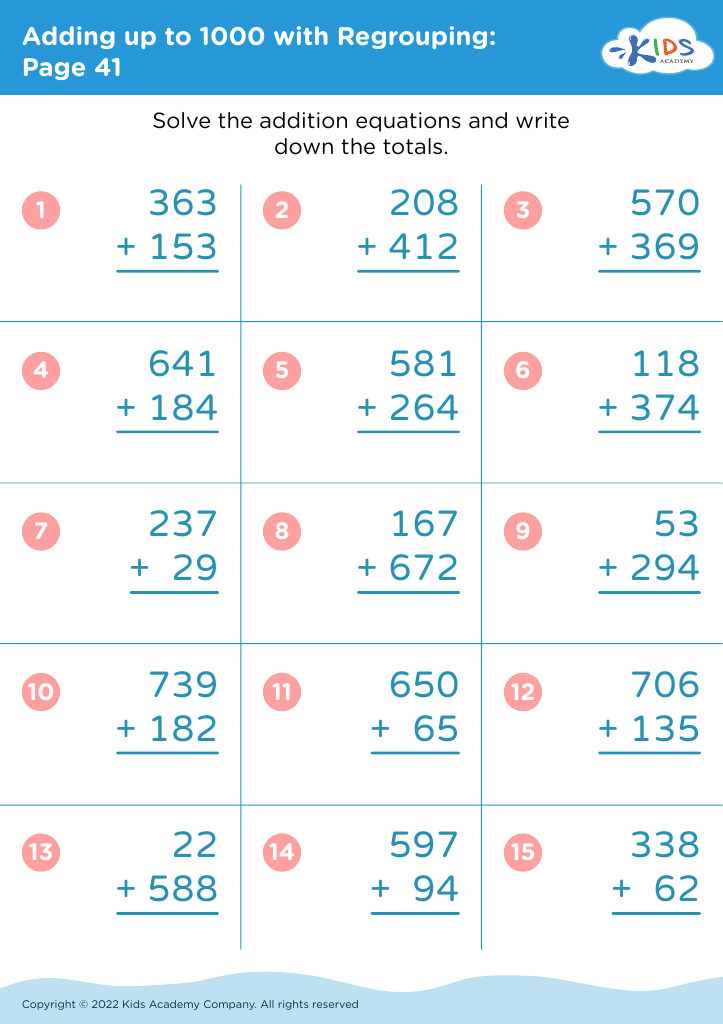
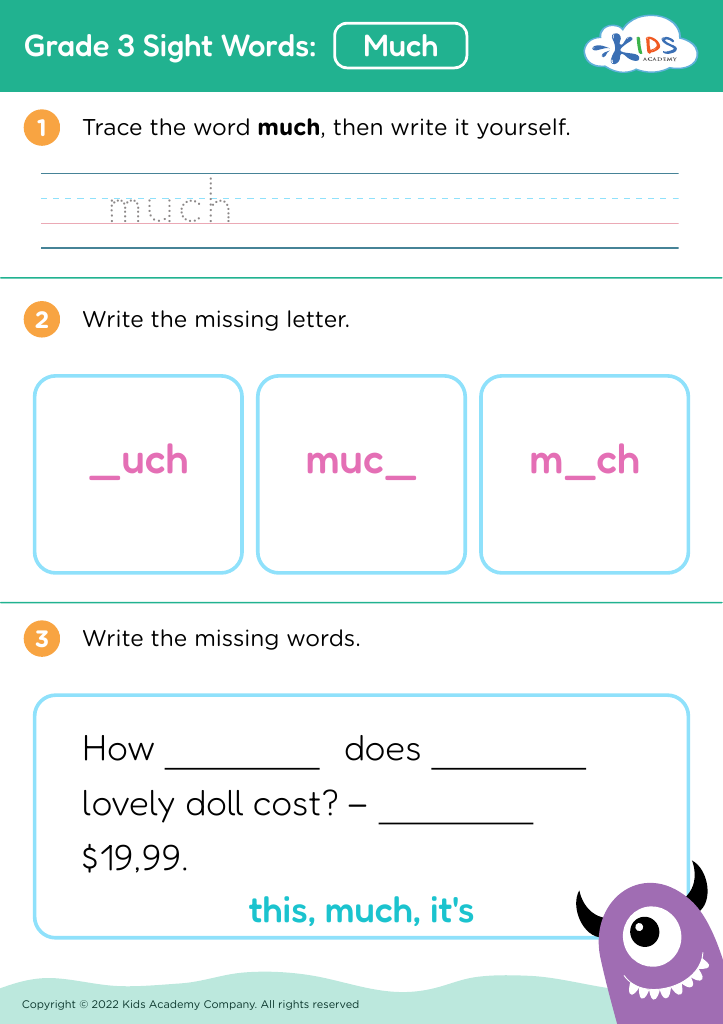
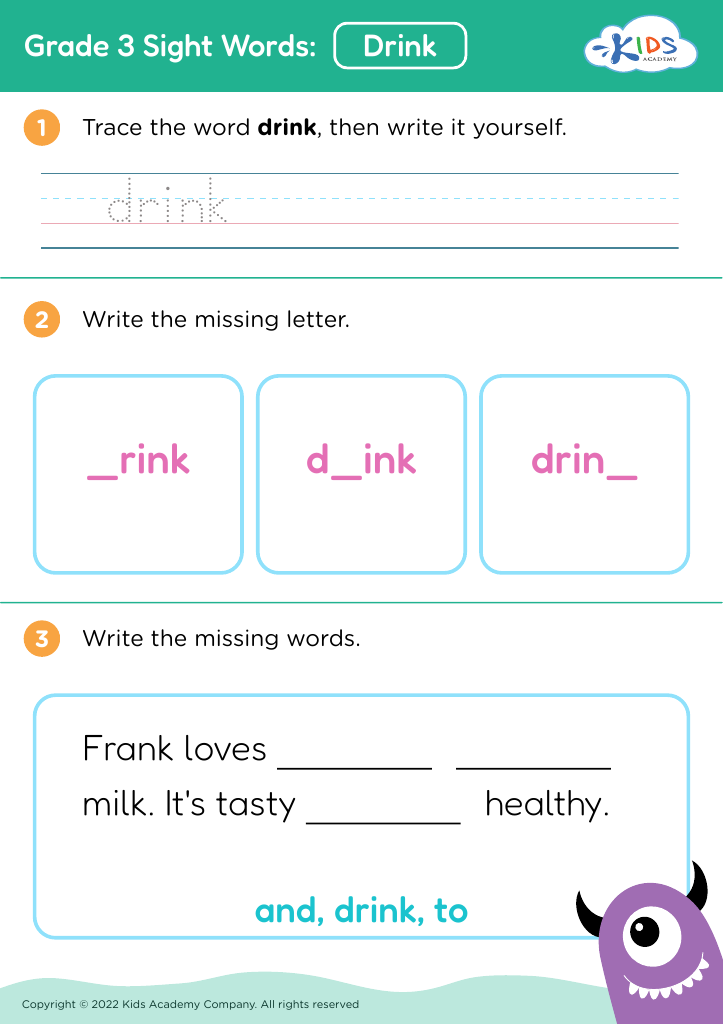

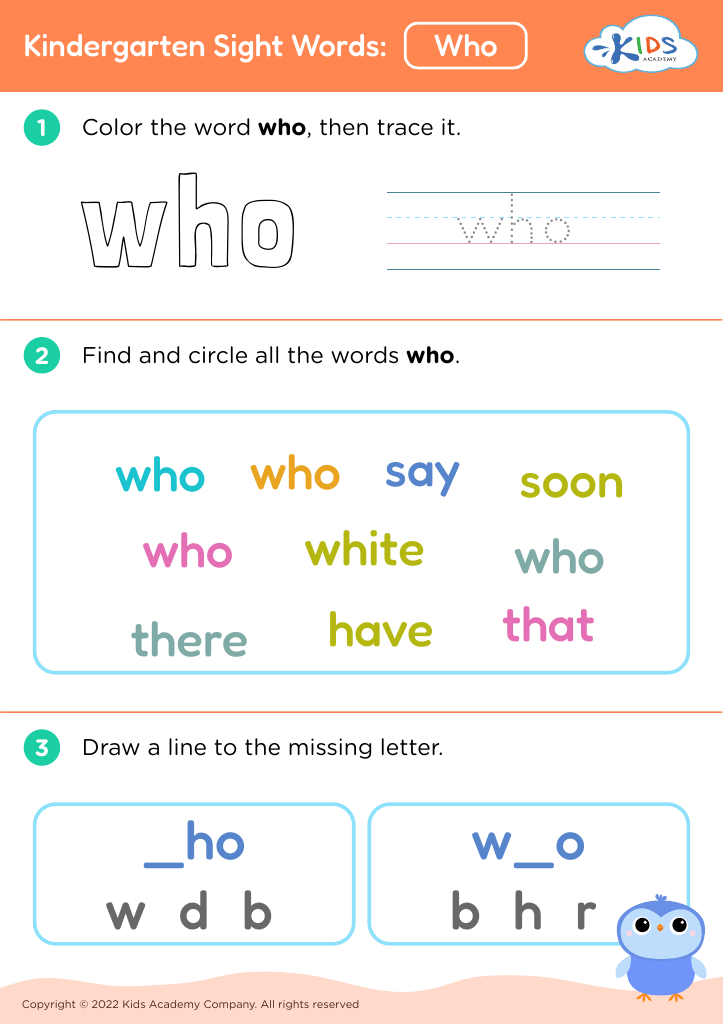
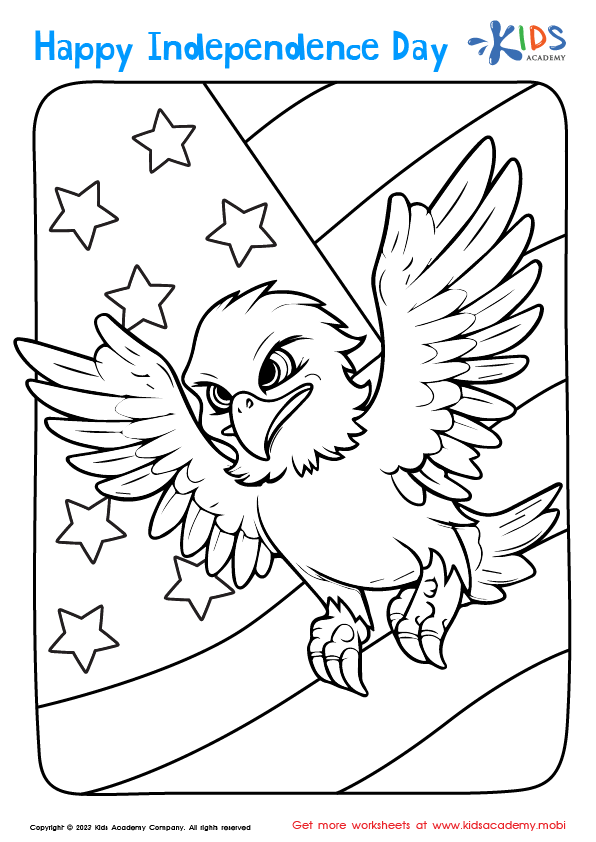


.jpg)













